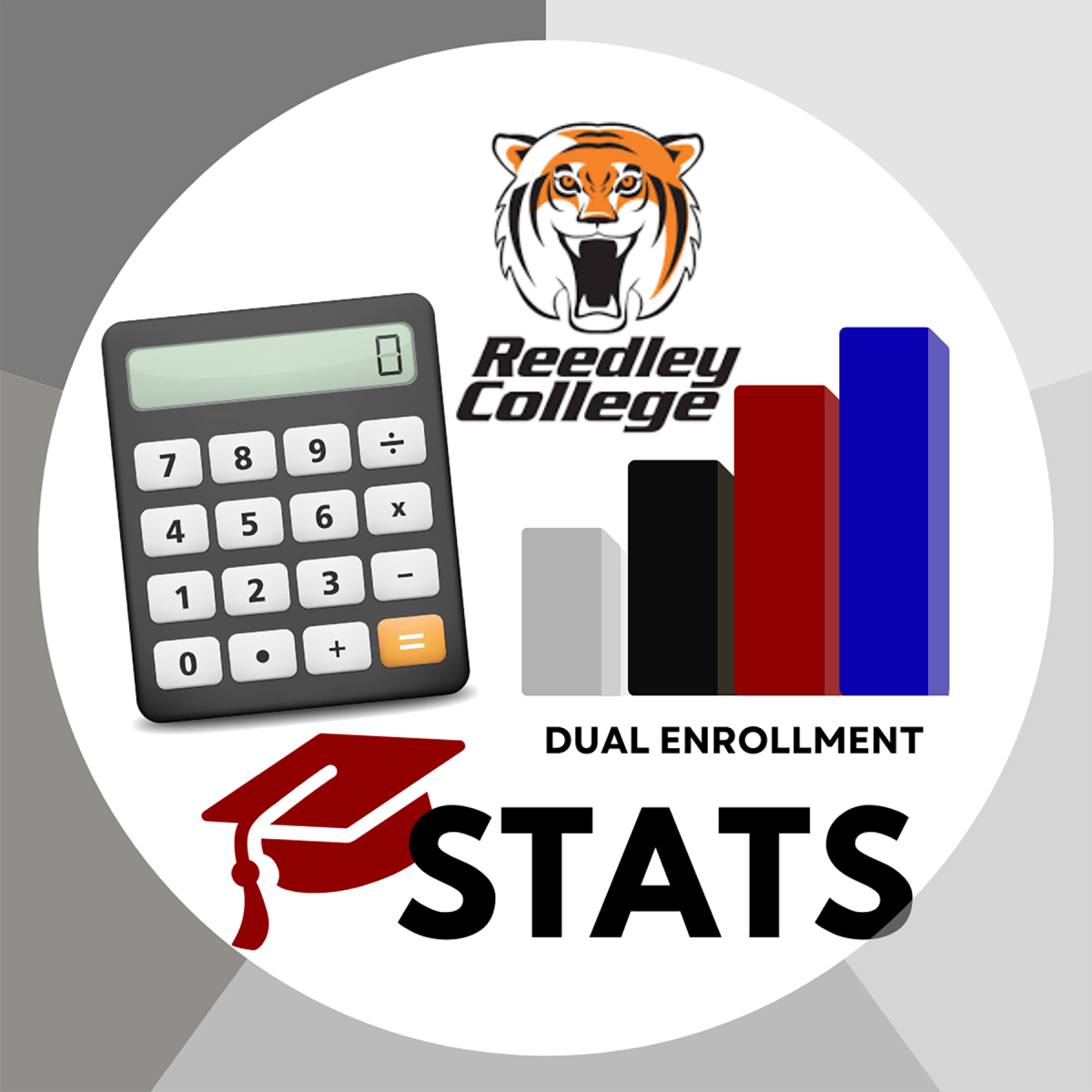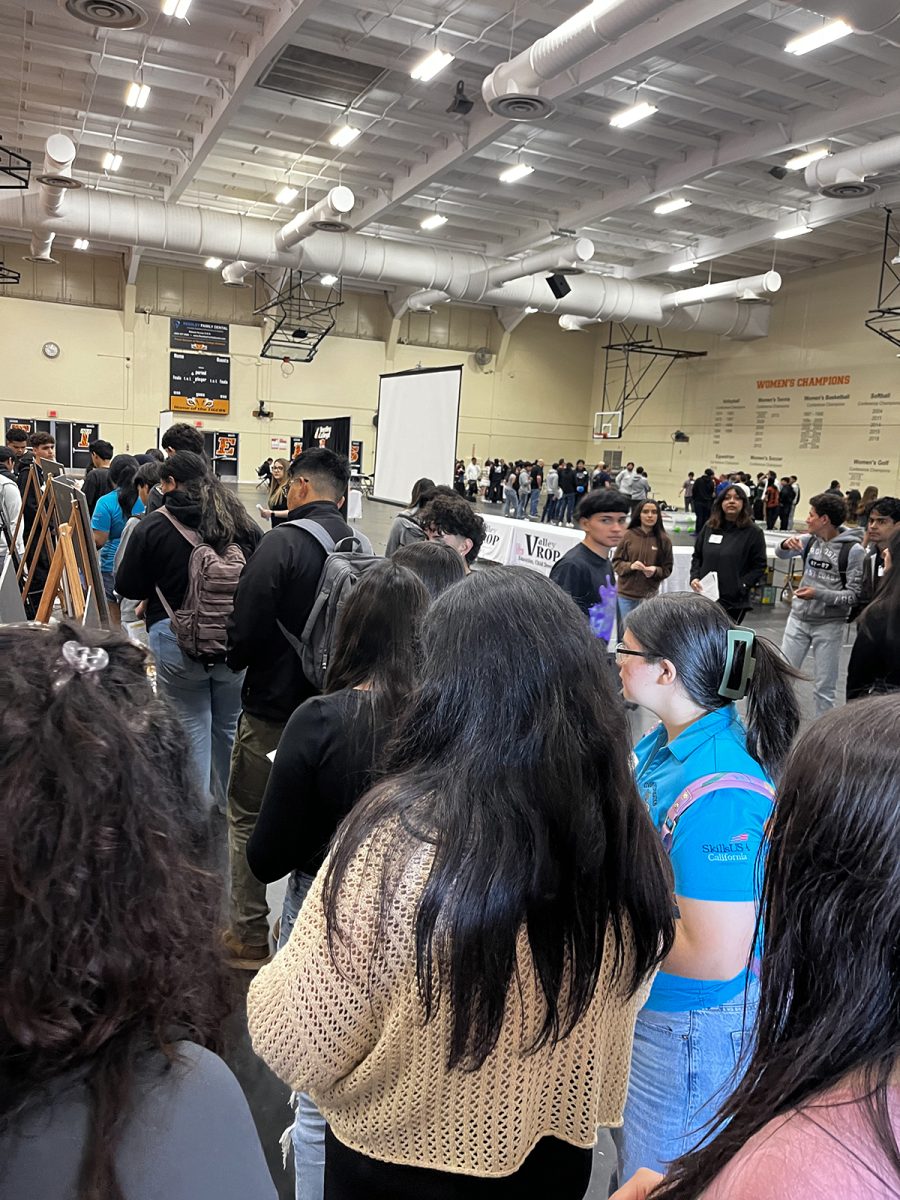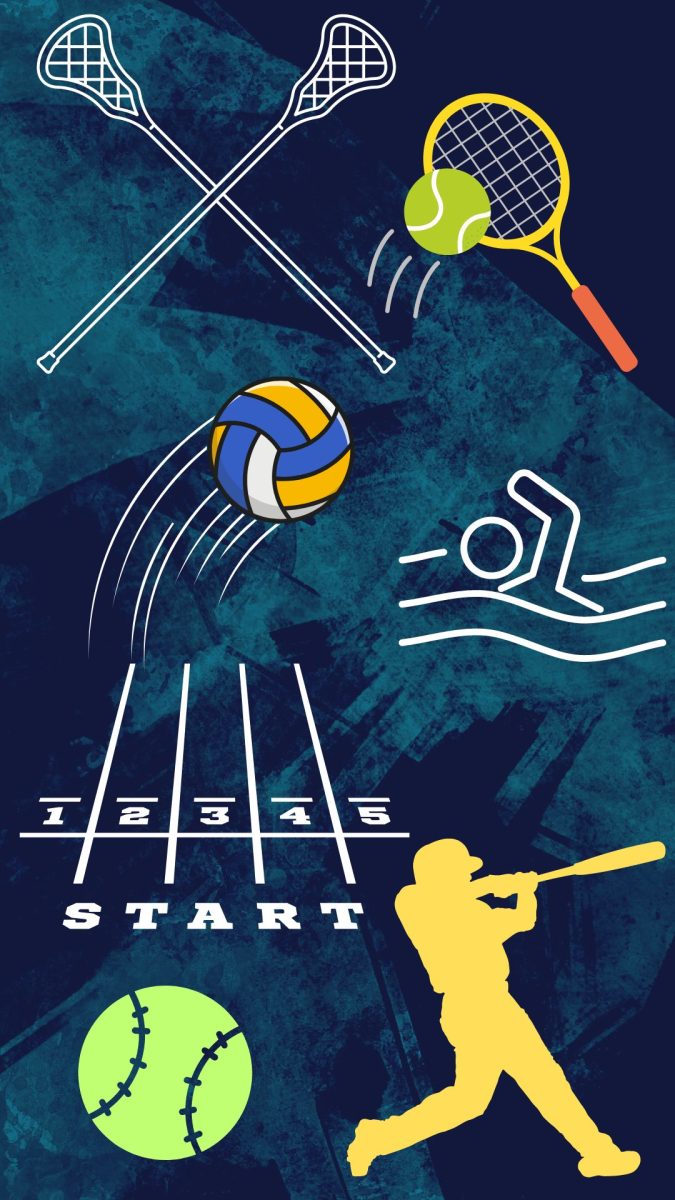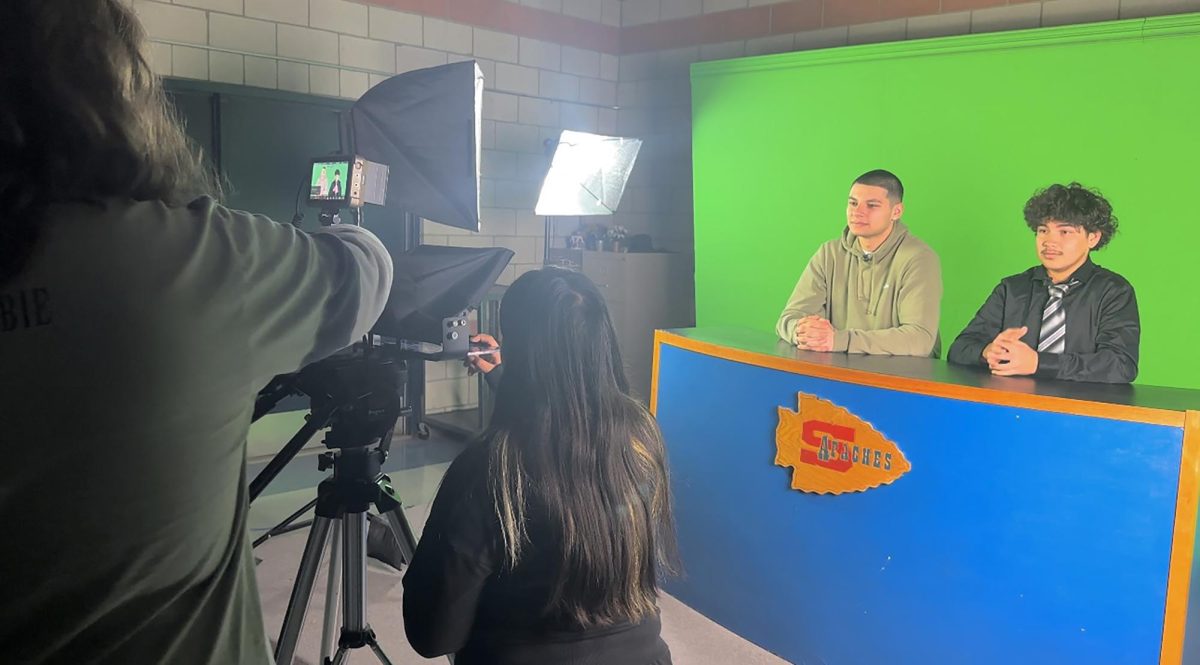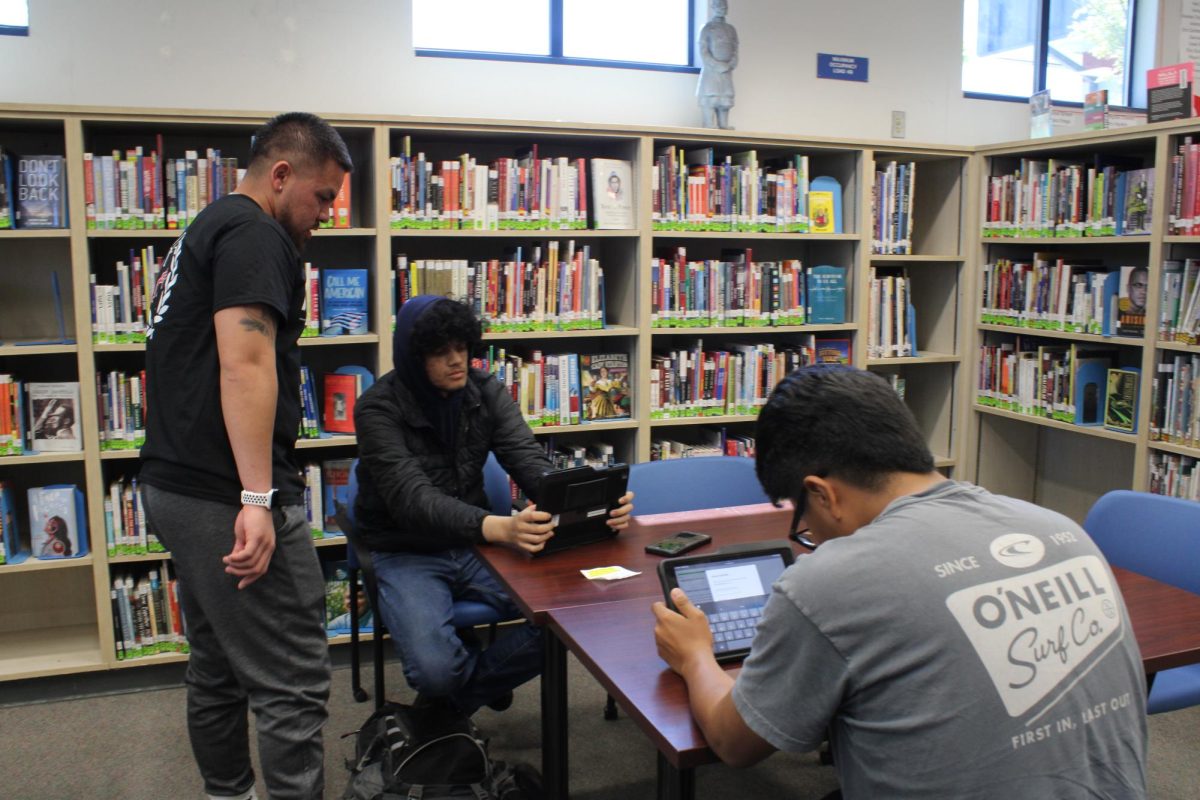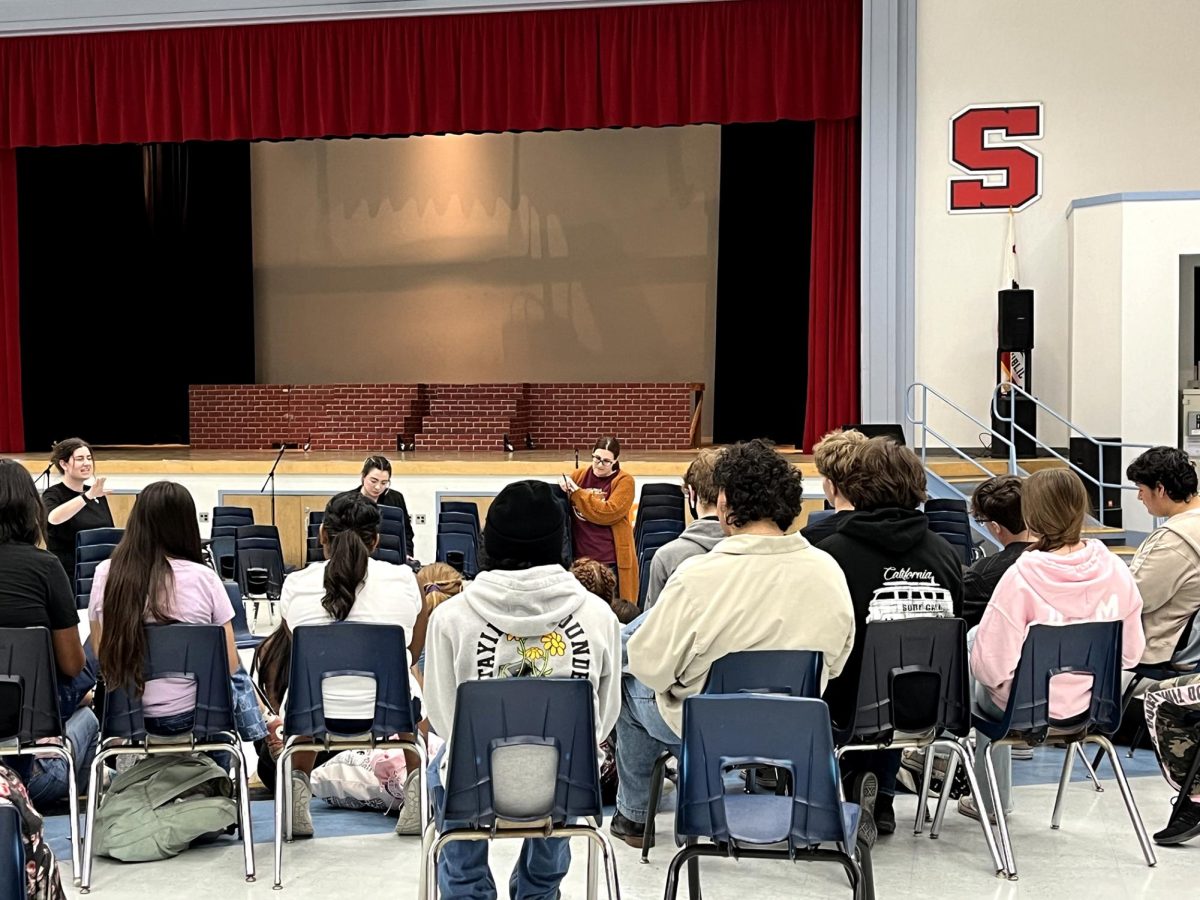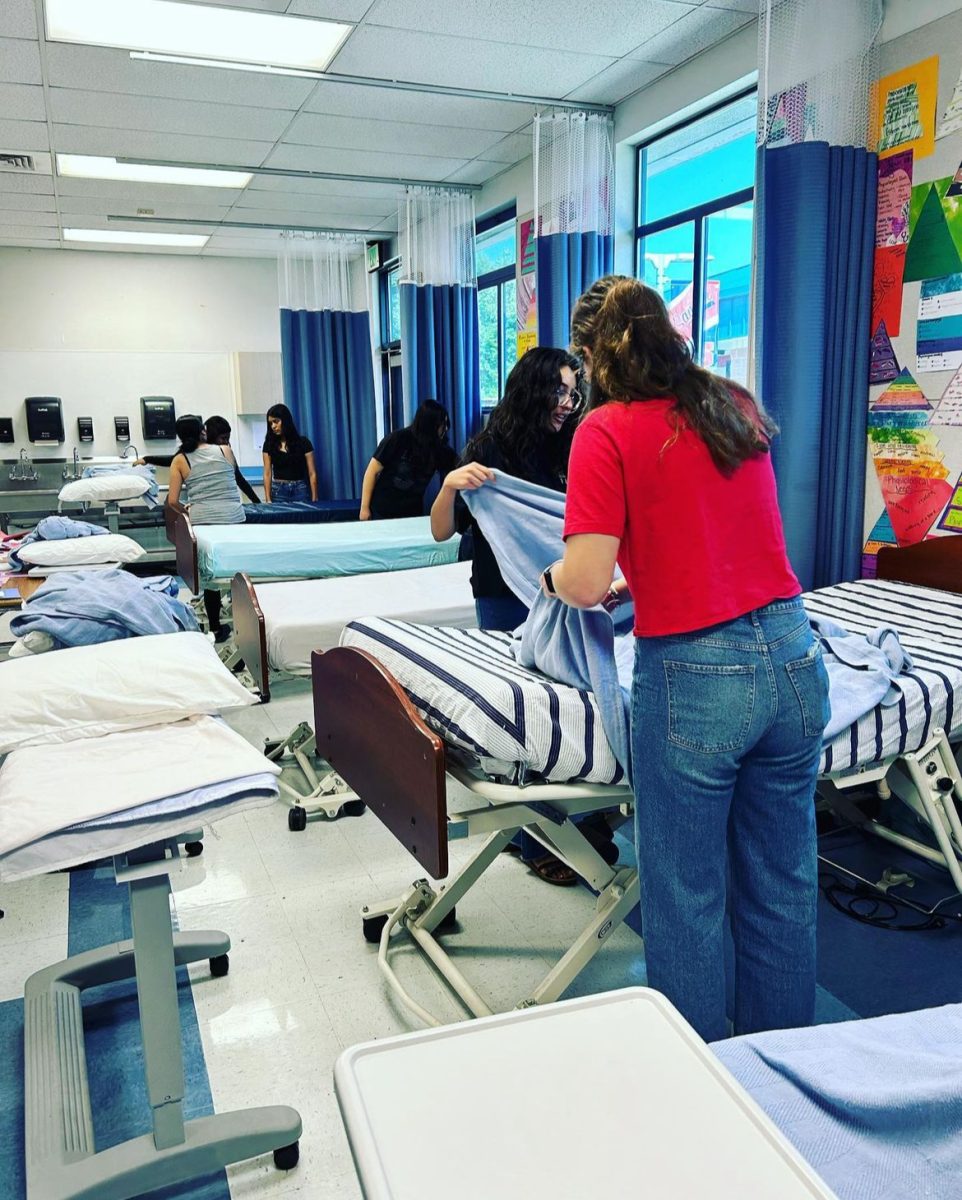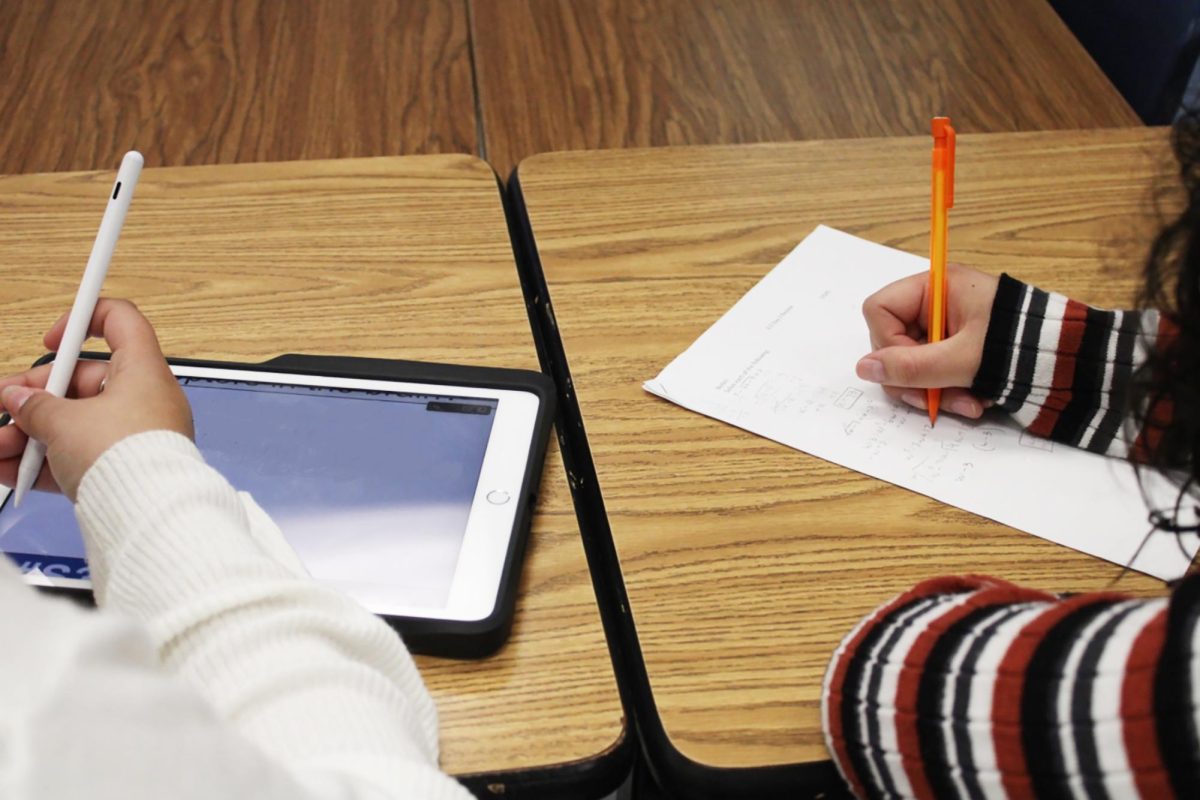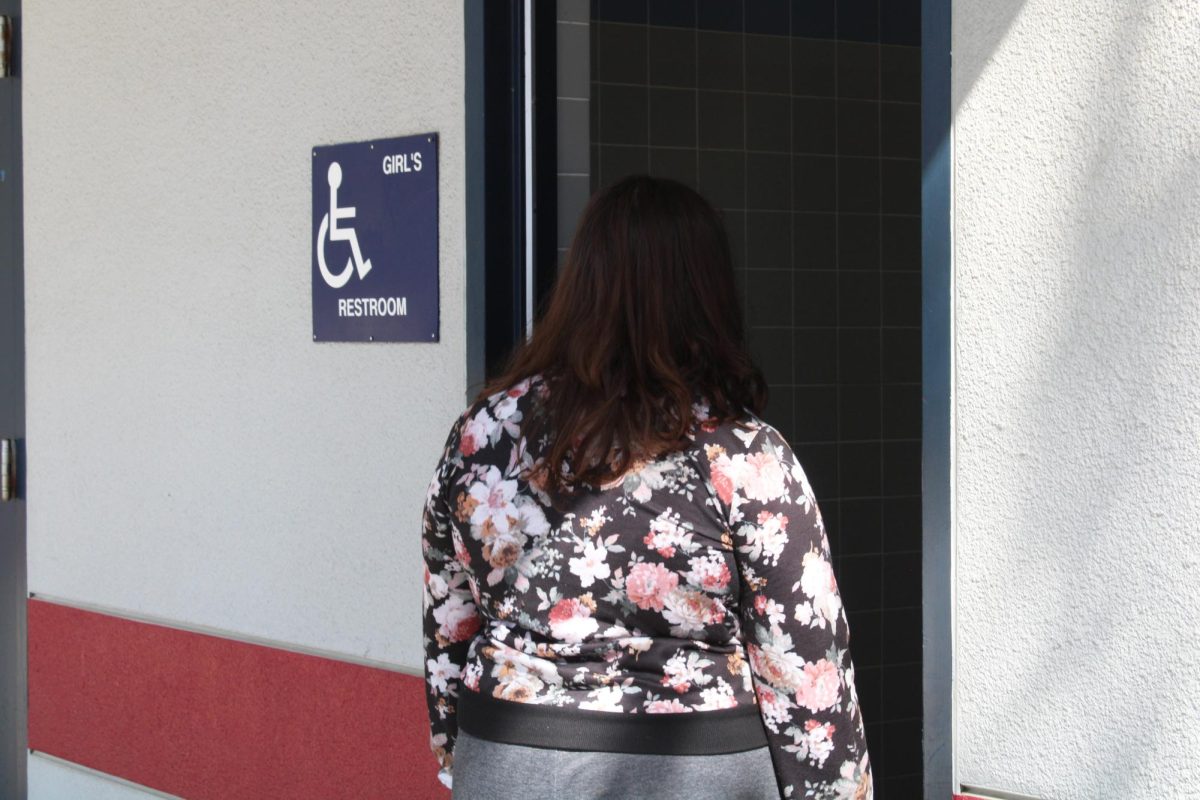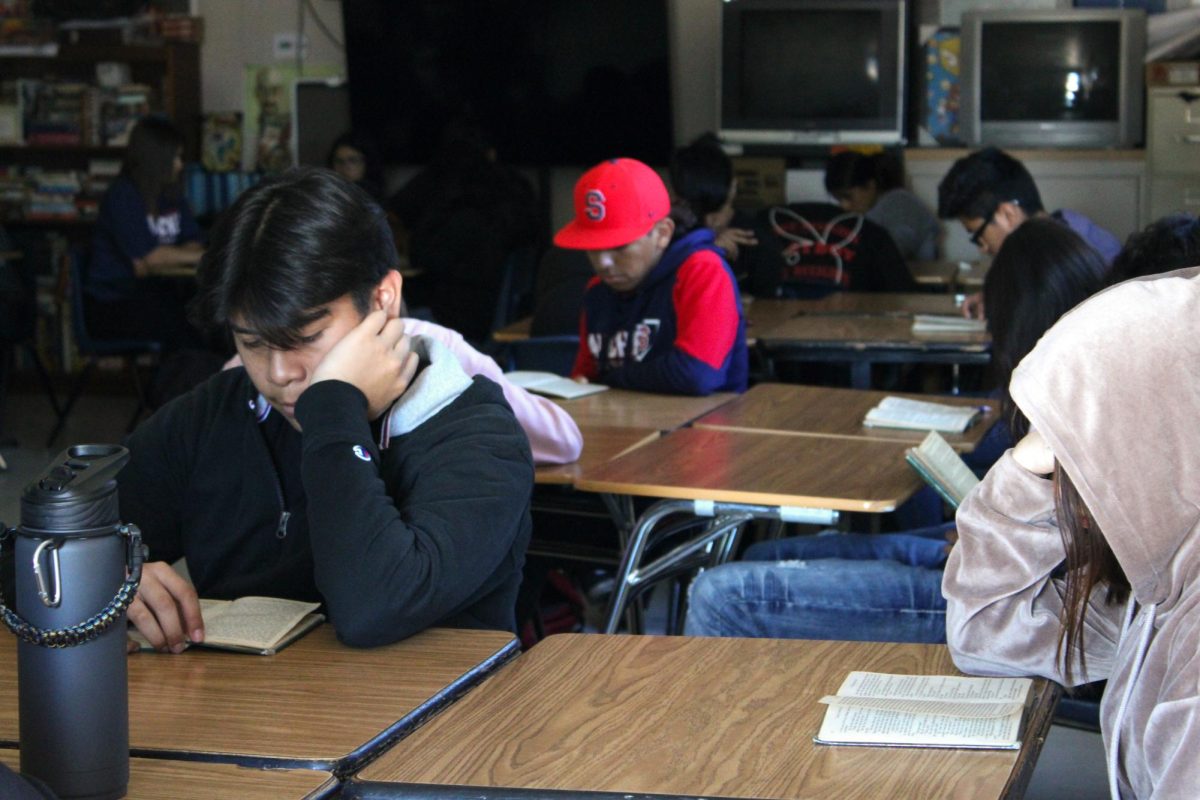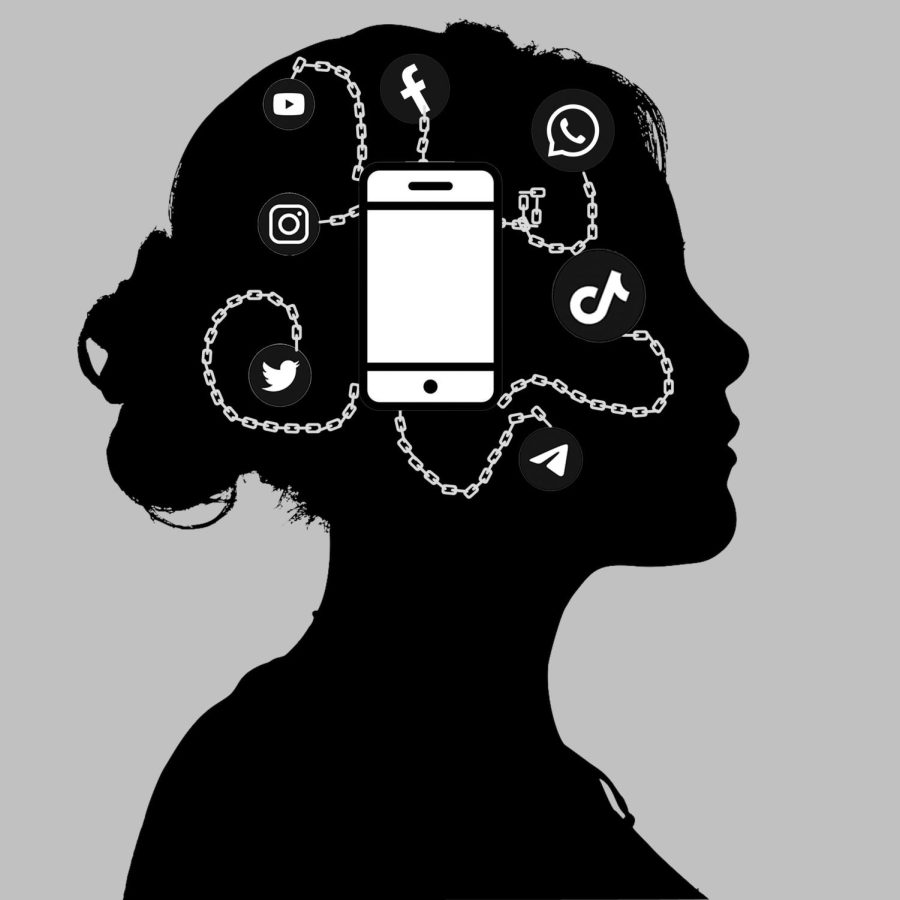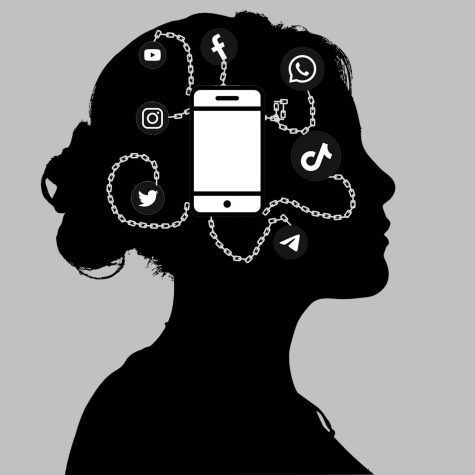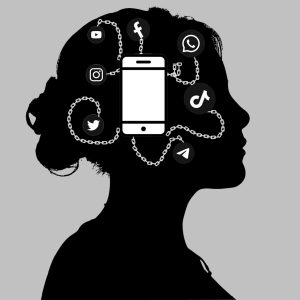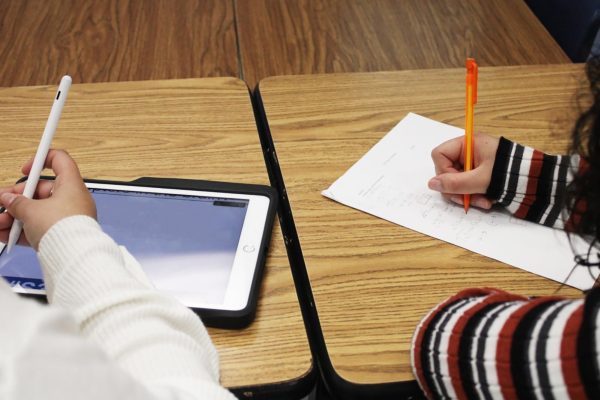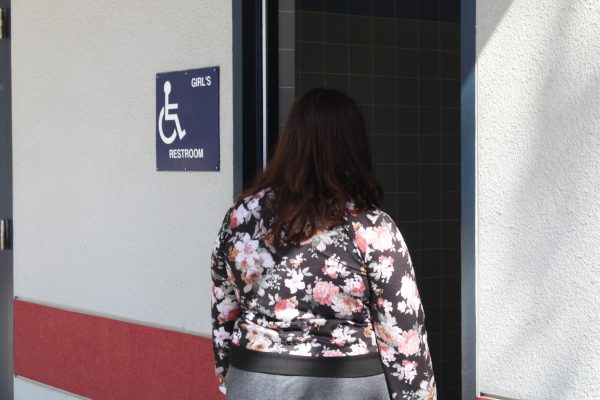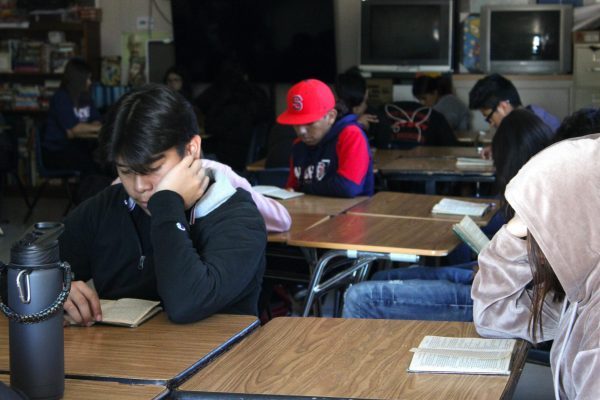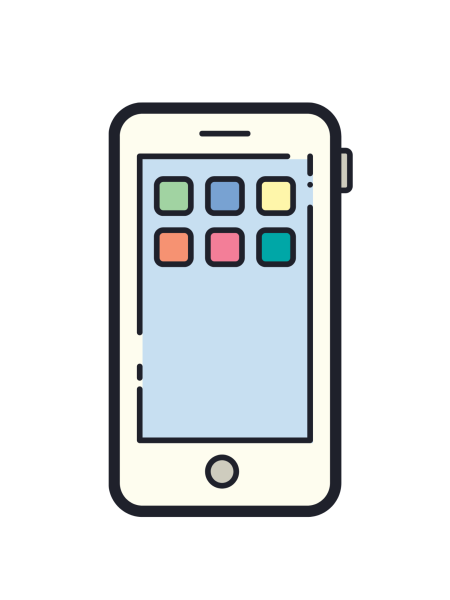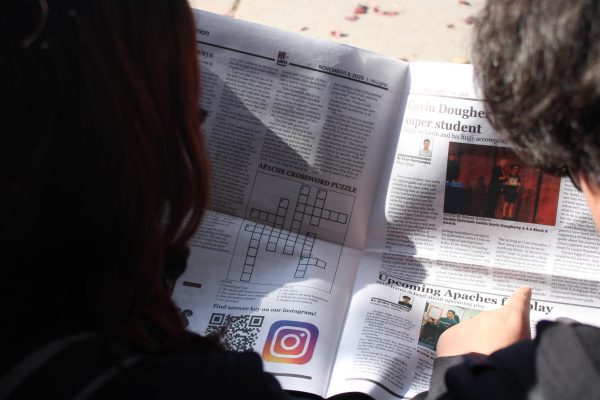May 18, 2023
Right now, there’s a person out there who you could click with instantly if given the chance to meet them – the only issue is, they’re halfway across the country. Before the rise of social media, the chances of you meeting this person were slim to none. Now, all it takes is a few clicks, a couple of text messages sent, and you’ve created a new connection that would have been nearly impossible twenty-five years ago.
At the beginning of the 21st century, the only forms of social media existed as sites like Friendster and LiveJournal – ancient relics compared to Instagram and TikTok today. Back then, talking to strangers online was considered dangerous. Now, entire apps center around talking to strangers. If that doesn’t sound like your thing, social media is still great for many other reasons, such as finding jobs, picking up new hobbies, becoming educated on social issues, sharing one’s art and music, and more.
Though we’ve been told our whole lives not to talk to strangers online, social media can be incredibly beneficial to the social lives of its users – when used with the proper precautions. Because although the growth of social media has bridged geographical and cultural distances between millions, it also comes with undeniable negative consequences. However, dealing with and avoiding these issues is a matter of personal responsibility and social media cannot be solely blamed.
Despite the many benefits, the flaws that come with social media are hard to ignore. Studies show that too much social media use has adverse effects on mental health and attention span. Between the constant dopamine rushes that phone notifications feed us throughout the day, how idealized the lives of others look online, and our desire to fit in, it’s easy to get carried away. Countless studies have proven the negative consequences of social media over the past two decades. However, the results of these studies are due to personal use, not reflective of social media as a whole. In an increasingly online world, people need to find ways to regulate their own internet usage to avoid such issues.
With the growth of concerns over too much technology use in our day-to-day lives, ways to better regulate screen time have been introduced by various tech companies and apps. Some tech companies have added a feature that allows you to track the amount of time you spend on your phone and what apps you use the most. Apps like Instagram and TikTok have something similar. With this feature, you can not only track your screen time but also limit it. This is great for parents concerned about how much their children spend with technology, or just people looking to decrease their own screen time.
Overall, social media’s benefits should not be ignored due to the personal irresponsibilities of some. Whether you like it or not, technology is becoming a large part of every aspect of our lives more and more every day, and it’s up to you to determine whether your experience with it is negative or positive.

